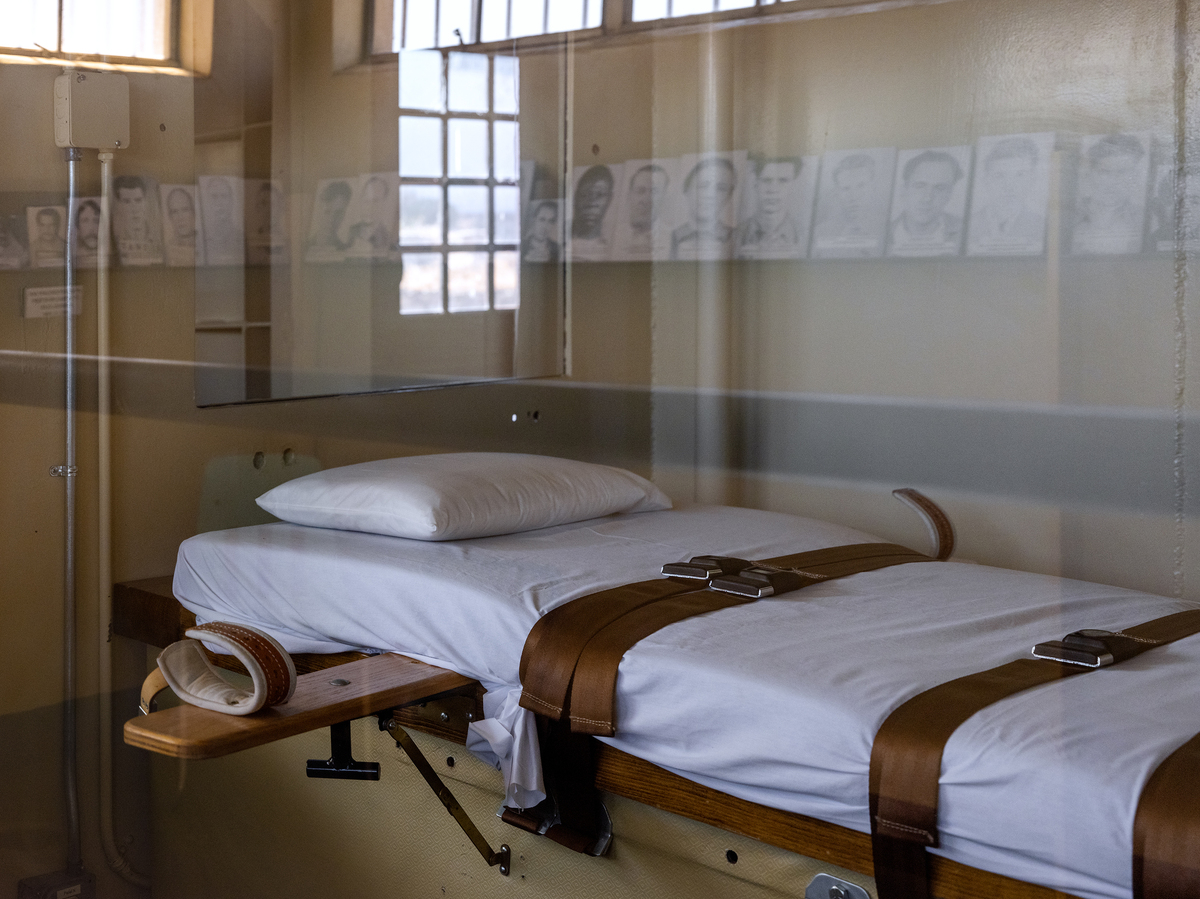
White sheets remain on the lethal injection gurney that Catarino Escobar was strapped down to at Nevada State Prison, a former penitentiary in Carson City, Nev. Emily Najera for NPR hide caption

White sheets remain on the lethal injection gurney that Catarino Escobar was strapped down to at Nevada State Prison, a former penitentiary in Carson City, Nev.
Emily Najera for NPRDuring the past 50 years, more than 1,550 death sentences have been carried out across the U.S.
Many of the hundreds of people involved in carrying out those executions say their health has suffered because of their work.
NPR's Chiara Eisner and the investigations team spoke with all kinds of current and former workers about their experiences.
Email us at
This episode was produced by Karen Zamora, Monika Evstatieva and Meg Anderson. It was edited by William Troop, Barrie Hardymon, Chiara Eisner and Robert Little. Our executive producer is Sami Yenigun.

 Live Radio
Live Radio